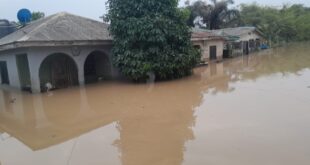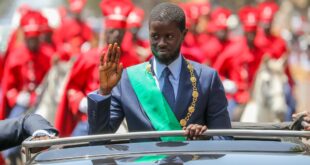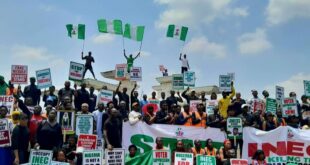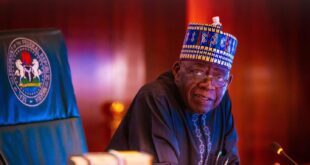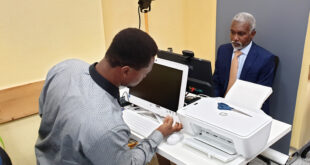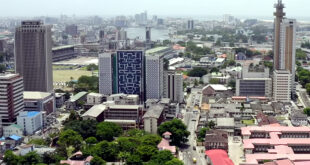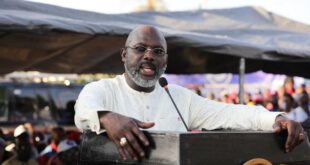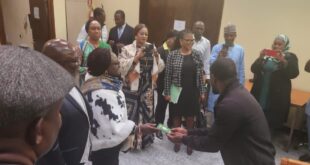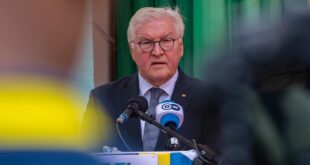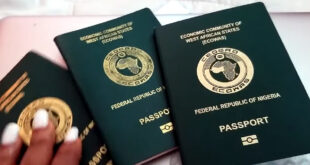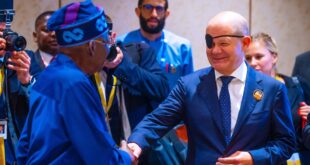Libya’s UN-backed Prime Minister Fayez al-Sarraj and the divided country’s eastern commander General Khalifa Haftar agreed to a conditional ceasefire and elections at Paris talks on Tuesday.
“We commit to a ceasefire and to refrain from any use of armed force for any purpose that does not strictly constitute counter-terrorism,” the rival leaders said after the talks.
French President Emmanuel Macron hosted the talks, stating that he hoped to “facilitate a political agreement” between the head of Libya’s unity government and the powerful Egyptian-backed commander when they met at a chateau in La Celle Saint-Cloud, outside the French capital.
Conflict and chaos
One of the key problems is that Libya has two rival parliaments and three governments (the latest was formed in UN-brokered talks and was meant to replace the other two). Haftar rejected the authority of Sarraj’s UN-backed government as his forces gained ground in the east of the country, supported by Egypt and United Arab Emirates.
The Paris agreement follows a first contact between Sarraj and Haftar in Abu Dhabi back in May.
That meeting was seen as a tentative step towards reconciliation in Libya, which has been mired in conflict and chaos since the 2011 uprising, when longtime dictator Muammar Gaddafi was overthrown by rebels supported by a French-led NATO air campaign.
‘Libya a priority for France’, Macron
Macron pledged during his campaign to make Libya a priority for his administration.
“The cause of peace has made a lot of progress today,” Macron told reporters after al-Serraj and Haftar shook hands, smiling, in front of cameras. “The Mediterranean (region) needs this peace.”
“The situation in Libya is extremely worrying for the region because it is positioned on the doorstep of Europe — and, thus, France,” said an official at the Elysée palace on Monday. “For reasons of regional stability, the fight against terrorism and the fight against illegal immigration, the president of the republic wanted to immediately take initiatives for Libya.”
The breakdown of order in Libya has made the North African nation a major transit point for Europe-bound migrants.
AFP/France24
 THE AFRICAN COURIER. Reporting Africa and its Diaspora! The African Courier is an international magazine published in Germany to report on Africa and the Diaspora African experience. The first issue of the bimonthly magazine appeared on the newsstands on 15 February 1998. The African Courier is a communication forum for European-African political, economic and cultural exchanges, and a voice for Africa in Europe.
THE AFRICAN COURIER. Reporting Africa and its Diaspora! The African Courier is an international magazine published in Germany to report on Africa and the Diaspora African experience. The first issue of the bimonthly magazine appeared on the newsstands on 15 February 1998. The African Courier is a communication forum for European-African political, economic and cultural exchanges, and a voice for Africa in Europe.


